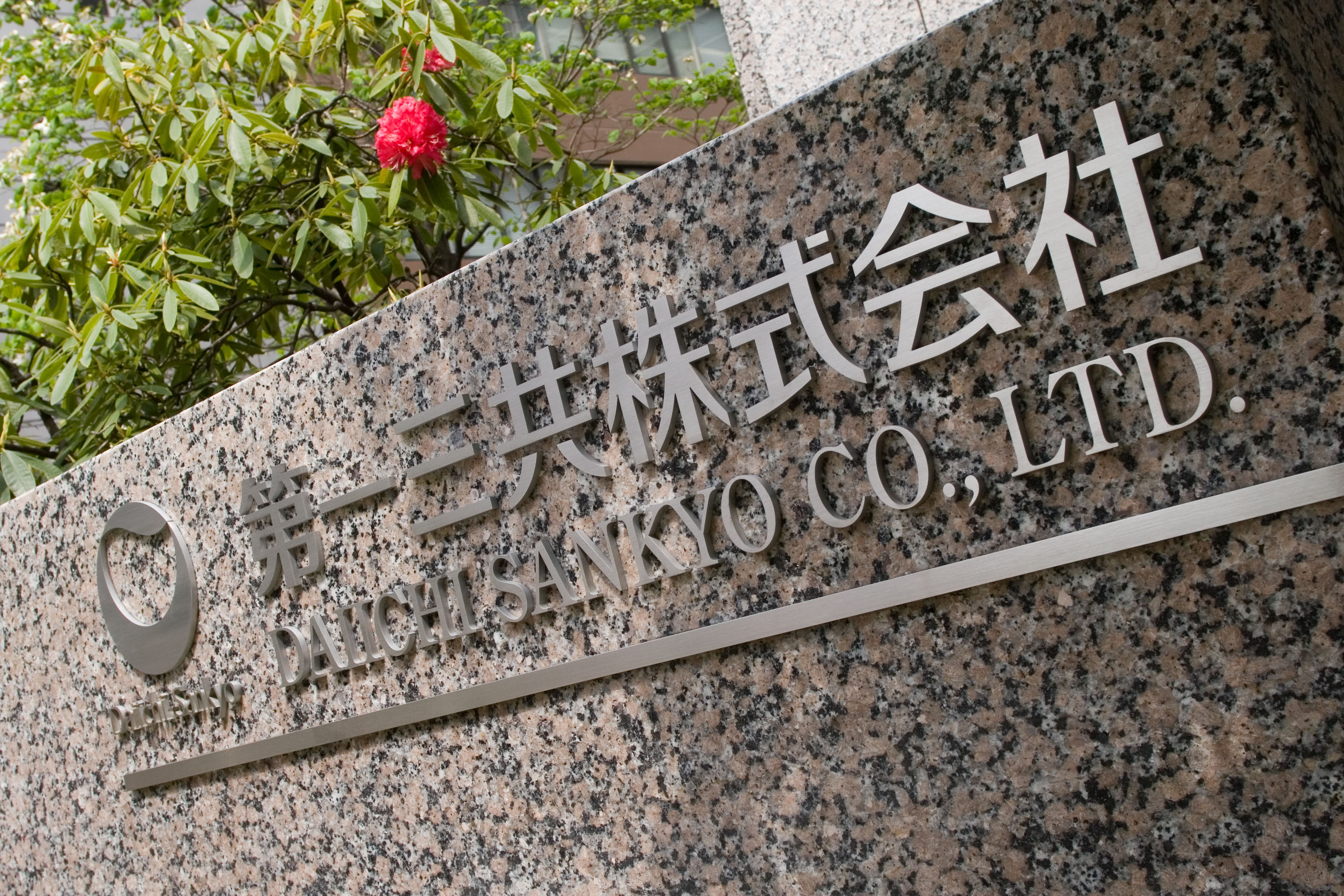Daiichi Sankyo grabs first approval for blood cancer drug Ezharmia

Japan's Daiichi Sankyo has claimed its first worldwide approval for Ezharmia, a first-in-class dual EZH1 and EZH2 inhibitor for the treatment of patients with relapsed or refractory adult T-cell leukaemia/lymphoma (ATL).
The Ministry of Health, Labour and Welfare (MHLW) in Japan has cleared Ezharmia (valemetostat tosylate) based on the results of an open-label phase 2 trial which revealed a 48% overall response rate with the drug in previously-treated ATL patients.
ATL is a rare and highly aggressive form of non-Hodgkin lymphoma (NHL), generally associated with infection by the HTLV-1 retrovirus, that can manifest as either a lymphoma or a leukaemia. It is usually treated with chemotherapy, but has a high rate of relapse and a low five-year survival rate of between 12% and 14%.
Japan is a hot spot worldwide for ATL cases, with an estimated incidence of around 27 cases per 100,000 people, far more than the US, where the rare cancer is thought to be around 0.05 cases per 100,000, and around 1,000 new cases diagnosed every year.
The cancer is also more common in the Caribbean islands, Central and South America, some parts of Africa, and the Middle East.
Other drugs used to treat ATL include Kyowa Kirin's amti-CCR4 antibody Poteligeo (mogamulizumab), cleared by the MHLW for CCR4-positive ATL in 2012, as well as Bristol-Myers Squibb/Celgene's oral therapy Revlimid (lenalidomide), which got a green light there five years ago.
"As the first dual inhibitor of EZH1 and EZH2 to receive regulatory approval anywhere in the world, Ezharmia represents an important advancement in the treatment of patients with relapsed or refractory [ATL] who have very few options beyond intensive chemotherapy," commented Wataru Takasaki, Daiichi Sankyo's head of R&D.
He added that ATL patients "face a poor prognosis and represent one of the most significant unmet medical needs in Japan."
The approval also bodes well for the potential of the drug in other, more common haematological cancer indications, including peripheral T-cell lymphoma (PTCL) and B-cell lymphoma, where the EZH1/2 inhibitor is mid-stage development.
Other EZH-targeting drugs have been developed, but unlike valemetostat most have selectively targeted the EZH2 receptor.
Top of the list is Ipsen/Epizyme's selective EZH2 inhibitor Tazverik (tazemetostat), which has been approved by the FDA for relapsed or refractory follicular lymphoma patients with an EZH mutation and metastatic or locally advanced epithelioid sarcoma that can't be treated with surgery.
Other EZH2 inhibitors with completed clinical trials include MorphoSys' lirametostat (CPI-1205) and GSK's GSK2816126, which both reached mid-stage testing, but now appear to have been discontinued. Another from Jiangsu Hengrui Medicine (SHR2554) is still in early-stage clinical development.












